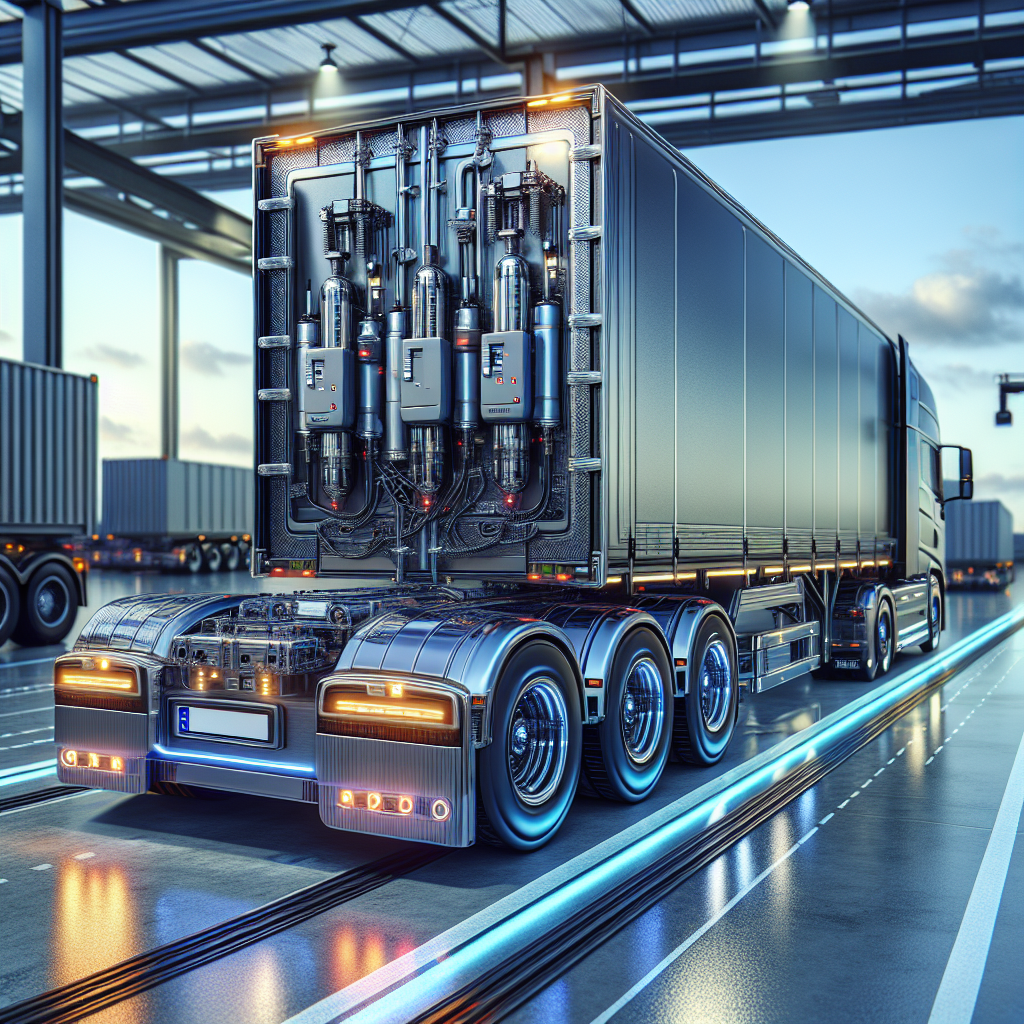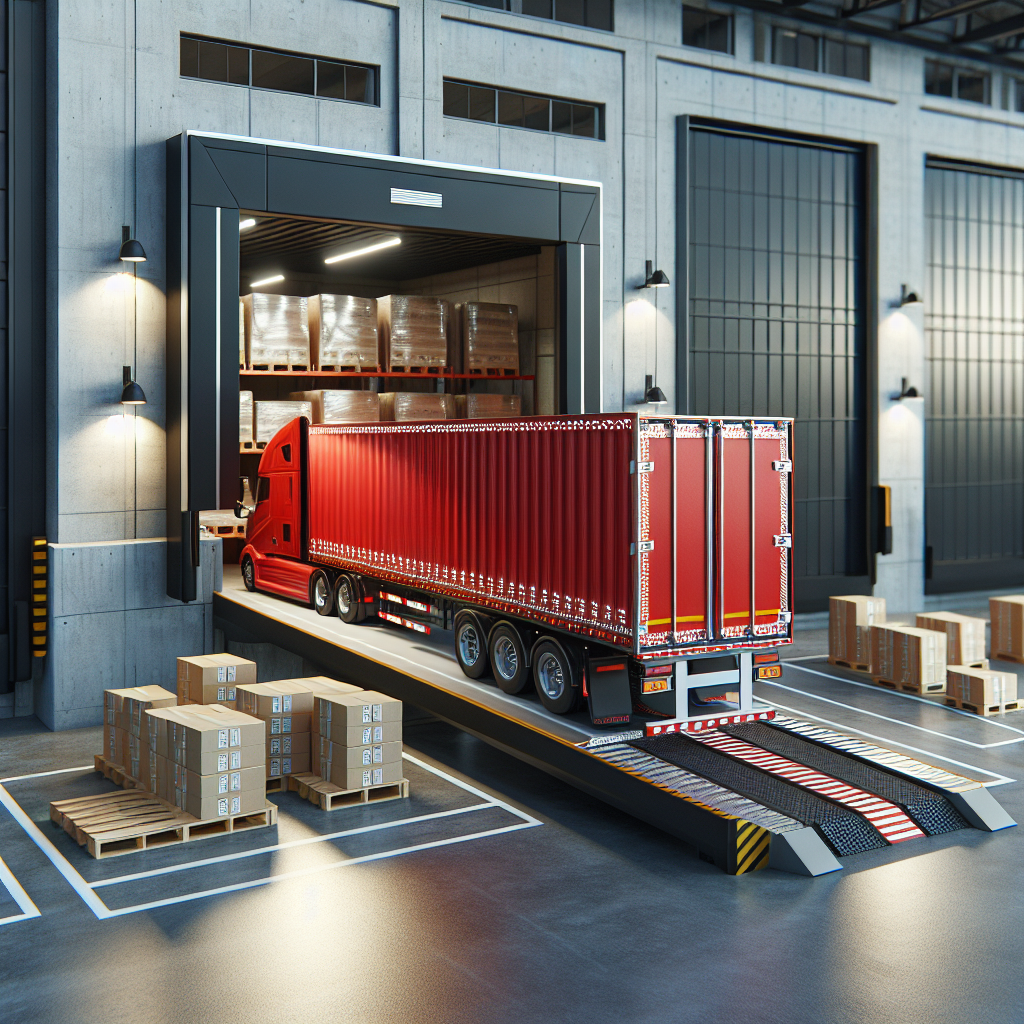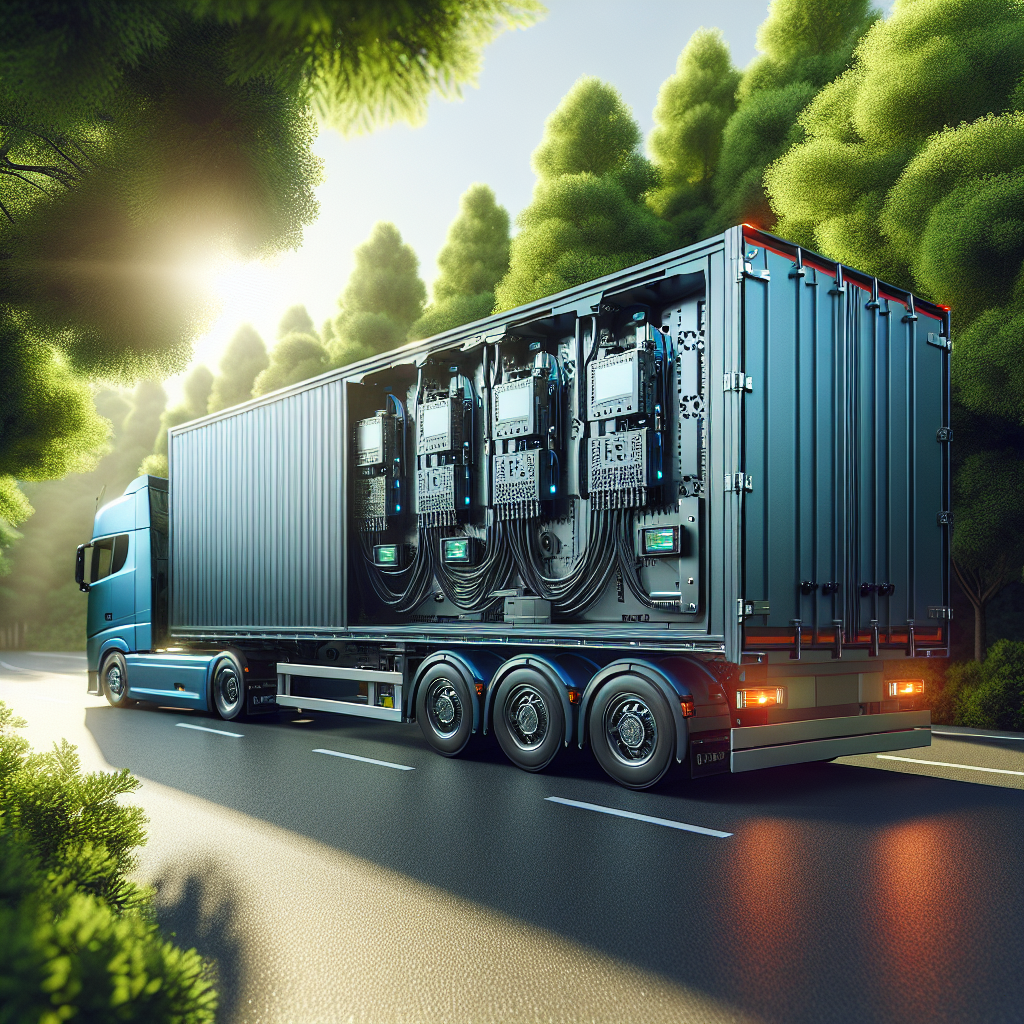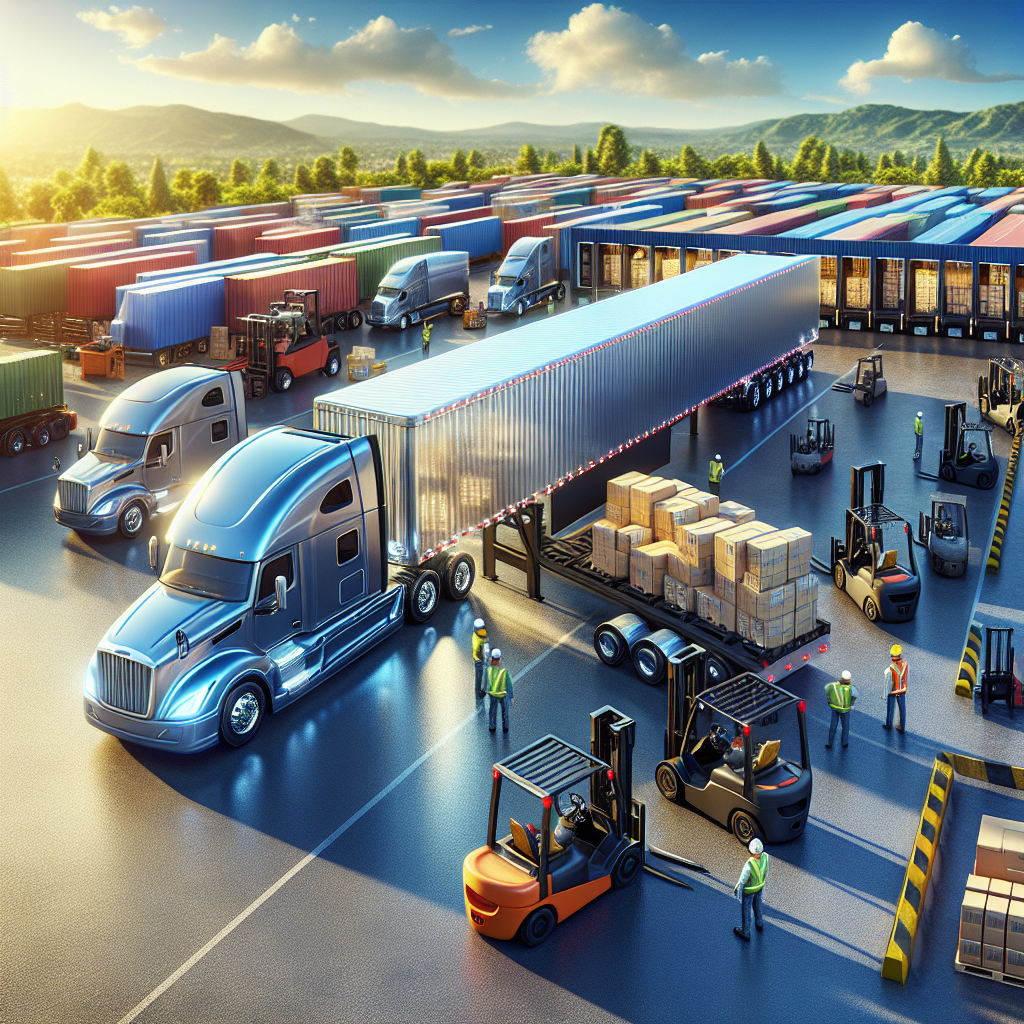In the world of logistics and transportation, trailer load sensors have emerged as a vital component for ensuring optimal performance and safety of hauling operations. These innovative devices are designed to monitor the weight and load distribution of trailers, providing real-time data that can significantly enhance decision-making processes.
Understanding the importance of trailer load sensors begins with recognizing their role in preventing overloading. Overloaded trailers can lead to severe safety hazards, including increased braking distances and reduced vehicle maneuverability. By integrating a load sensor, operators can receive alerts when the trailer approaches its weight limits, thereby avoiding potentially catastrophic failures.
Moreover, trailer load sensors contribute to fuel efficiency. When a trailer is loaded correctly, it not only ensures safer transportation but also optimizes fuel consumption. Proper weight distribution decreases drag and wear on the vehicle, leading to lower operational costs.
Finally, the data collected from these sensors can be invaluable for maintenance scheduling and enhancing overall fleet management strategies. This proactive approach to monitoring translates to reduced downtime and increased profitability.
Tow with peace of mind, knowing that trailerwatchdog is standing guard.
Understanding How Trailer Load Sensors Work Effectively

Trailer load sensors operate through a combination of advanced technology and straightforward design, offering real-time insights into the load status of a trailer. Primarily, these sensors utilize strain gauges or load cells to measure the weight distributed across the trailer's axles. When weight is applied, these components deform slightly, generating an electrical signal proportional to the load's magnitude.
This signal is then processed by an onboard computer or control unit, which interprets the data and relays it to the user through a connected display or mobile application. The system can also be integrated with GPS technology, allowing for location-based monitoring of the trailer's load status. This feature is particularly useful in logistics, where knowing the load and its distribution can streamline operations.
To ensure accuracy, trailer load sensors are calibrated to account for factors such as environmental conditions and trailer type. This calibration process guarantees that the readings remain reliable under various operational circumstances, giving operators confidence in the data they receive.
Furthermore, modern trailer load sensors can offer additional functionalities, such as tracking load history and providing alerts for load imbalances. These features contribute to enhanced safety and efficiency, making them an essential tool for any operator managing a fleet of trailers.
Key Benefits of Implementing a Trailer Load Sensor

Implementing a trailer load sensor can transform the way operators manage their hauling operations, providing several significant advantages. One of the most notable benefits is enhanced safety. By accurately monitoring the load on each axle, operators can prevent overloading, which can lead to dangerous driving conditions, tire blowouts, and increased wear on the trailer. This proactive approach reduces the risk of accidents, protecting both the cargo and the driver.
Additionally, trailer load sensors contribute to improved fuel efficiency. By ensuring that trailers are loaded within optimal weight limits, operators can achieve better fuel economy. Overloaded trailers require more power to tow, leading to higher fuel consumption. With accurate load monitoring, operators can adjust their loads to maximize efficiency and reduce operating costs.
Another key benefit is the optimization of load distribution. Unevenly distributed loads can cause stability issues and increase the likelihood of accidents. Trailer load sensors provide real-time data, allowing operators to redistribute cargo as needed to maintain a balanced load, ensuring safer and smoother transportation.
Moreover, these sensors facilitate regulatory compliance. Many transportation regulations dictate specific weight limits for trailers. By utilizing load sensors, operators can ensure they remain compliant with these regulations, avoiding costly fines and enhancing their reputation within the industry.
Lastly, the integration of trailer load sensors can provide valuable data analytics for fleet management. By analyzing load patterns over time, operators can make informed decisions regarding maintenance schedules and route planning, ultimately leading to a more efficient operation.
Enhancing Safety and Preventing Overloading with Sensors

Safety is a critical aspect of any hauling operation, and the implementation of trailer load sensors plays a vital role in enhancing it. One of the primary functions of these sensors is to provide real-time monitoring of the trailer's load, which significantly aids in preventing overloading. Overloaded trailers can lead to severe consequences, including reduced braking efficiency, compromised vehicle stability, and increased wear on tires and axles. By continuously tracking the weight on each axle, operators can make informed decisions before hitting the road, ensuring that their trailer is loaded within safe limits.
Moreover, many trailer load sensors are equipped with alarming systems that alert operators if the load exceeds preset thresholds. This immediate feedback allows drivers to address potential issues before they escalate, fostering a culture of safety and compliance within the fleet. Such proactive measures not only protect the driver and the cargo but also enhance the safety of other road users.
In addition to preventing overloading, trailer load sensors contribute to the overall stability and maneuverability of the trailer. An uneven load can cause swaying and instability, particularly at high speeds or during sharp turns. With the data provided by load sensors, operators can ensure that loads are evenly distributed, resulting in a smoother driving experience and reducing the likelihood of accidents.
Furthermore, the implementation of these sensors aids in maintenance planning. Overloaded trailers can lead to accelerated wear and tear on mechanical components, which can result in unexpected breakdowns and costly repairs. By maintaining optimal load levels, operators can extend the lifespan of their trailers and reduce downtime.
Integrating Trailer Load Sensors with Smart Technology

The integration of trailer load sensors with smart technology represents a significant advancement in the logistics and transportation industry. By leveraging the power of IoT (Internet of Things) and advanced data analytics, operators can transform traditional trailers into smart trailers that actively monitor and report on their performance. This synergy not only enhances operational efficiency but also provides valuable insights for fleet management.
When trailer load sensors are connected to a central monitoring system, they can relay real-time data about load weights, axle temperatures, and tire conditions directly to fleet managers. This connectivity allows for comprehensive tracking and analysis of trailer performance, enabling operators to make data-driven decisions. For instance, if a trailer is consistently loaded to its maximum capacity, fleet managers can optimize load distribution and scheduling to maximize productivity while minimizing risks.
Moreover, the integration of load sensors with mobile applications provides drivers and fleet managers with immediate access to critical information. This user-friendly interface allows them to monitor load conditions on-the-go, receive alerts about potential issues, and even access historical data for trend analysis. Such capabilities empower operators to proactively address maintenance needs and adjust operations to enhance safety and efficiency.
Additionally, smart technology can facilitate automated reporting and compliance checks. By keeping detailed records of load weights and conditions, operators can better adhere to regulatory requirements and manage audits more effectively. This not only saves time but also reduces the risk of penalties associated with non-compliance.
Integrating trailer load sensors with smart technology ultimately leads to a more responsive and agile fleet. With real-time information at their fingertips, operators can quickly adapt to changing conditions, ensuring that their trailers are performing at their best while safeguarding the integrity of their cargo.
Conclusion: Why You Should Invest in Trailer Load Sensors Today
In today's fast-paced and competitive logistics landscape, investing in trailer load sensors is not just a smart decision; it is essential for ensuring the safety, efficiency, and reliability of your hauling operations. As we have explored, these advanced sensors provide critical data that enhances operational performance, improves safety protocols, and allows for proactive maintenance measures.
The integration of trailer load sensors with smart technology offers a multitude of benefits. From real-time monitoring to automated reporting, these systems empower fleet managers and operators with the insights they need to make informed decisions. By adopting this technology, you can enhance your fleet's responsiveness to changes in load conditions, reduce the risk of catastrophic failures, and ultimately save on maintenance costs.
Furthermore, as regulations surrounding cargo transport become increasingly stringent, having a reliable trailer load sensor system in place ensures compliance and minimizes the potential for costly penalties. With the ability to monitor and report load conditions accurately, you can maintain peace of mind while focusing on what truly matters: growing your business.
In conclusion, the advantages of implementing trailer load sensors are clear. They enhance not just the safety and performance of your trailers, but also contribute to the overall efficiency of your operations. Don’t wait any longer; invest in trailer load sensors today and take your hauling operations to the next level. Tow with peace of mind, knowing that trailerwatchdog is standing guard.








